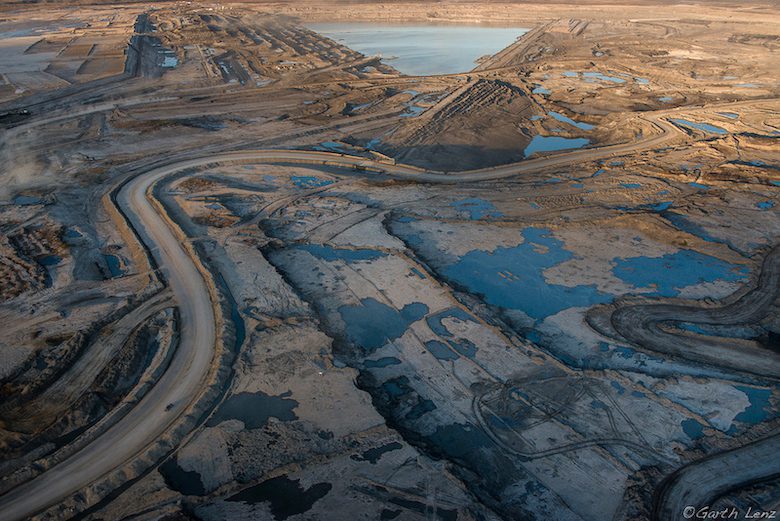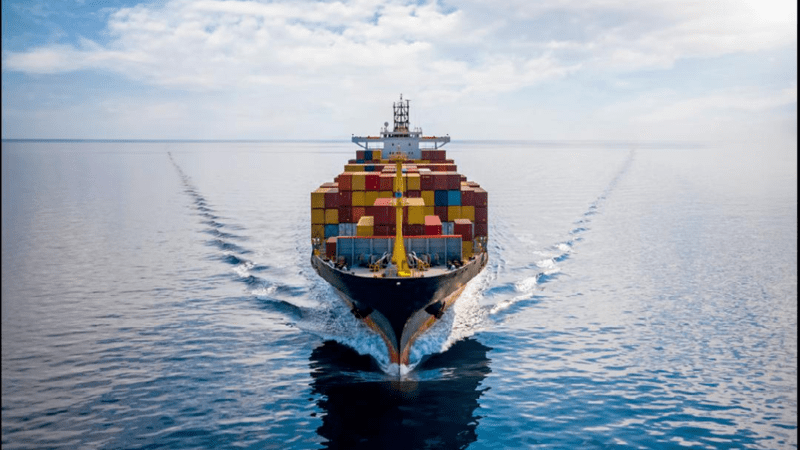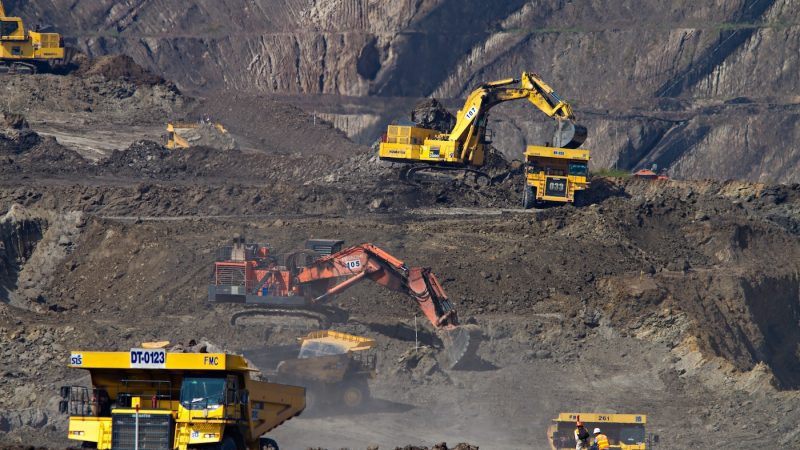Who benefits? An investigation of foreign ownership in the oil sands

Findings reveal that more than 70 per cent of oil sands production is owned by investors and shareholders outside Canada’s borders. The report, released by Stand.earth, Environmental Defence and Équiterre reveals that foreign companies and shareholders are benefiting from huge dividends from the oil sands, while Canadians pay higher and subsidies to keep the industry afloat. Rising profit rates for the Big Five oil sands companies—Suncor, CNRL, Cenovus, Imperial Oil and Husky Energy— allowed them to transfer $8 billion to their mostly foreign shareholders in just the first three quarters of 2019. Furthermore, foreign-controlled operational profit doubled from 31.6 to 58.4 per cent between 2012 and 2016, 3.5 times the economy-wide average.
Reclamation of the oil sands, conventional oil and gas wells, and pipelines in Alberta will cost an estimated $260 billion and take as many as 3000 years to complete. Past experience and growing market risks make it increasing likely that future taxpayers will have to foot the bill.
A recent poll indicates that the vast majority of Albertans agree that there is a better way forward. Almost 80% of Albertans believe the province should transition toward renewable energy, and more than 90% think the government needs to do more to encourage the technology sector. Perhaps most surprising, a majority want to transition away from oil and gas.
It’s time to stop prioritizing the profits of foreign-owned corporations and the interests of their shareholders ahead of the long-term health of Alberta’s and Canada’s workforce, environment and economy. While we need to acknowledge and address the tragic consequences of the COVID-19 pandemic, it’s also clear that the unprecedented public investment needed to rebuild the Canadian and Alberta economies is a once-in-a-generation opportunity to position Canada to compete and prosper in the twenty-first century economy.
Government policy, including stimulus money and industry bailouts, should invest in the future, not the past. This includes supporting unemployed oil and gas and other Canadian workers and investing in a diversified, cleanenergy economy that will provide employment opportunities and public services in the long-term. Canada cannot achieve net-zero by 2050 while supporting increased production of oil and gas. Future stimulus must continue to support industries and projects that decrease greenhouse gas emissions, increase economic diversification and provide workers with retraining opportunities.



